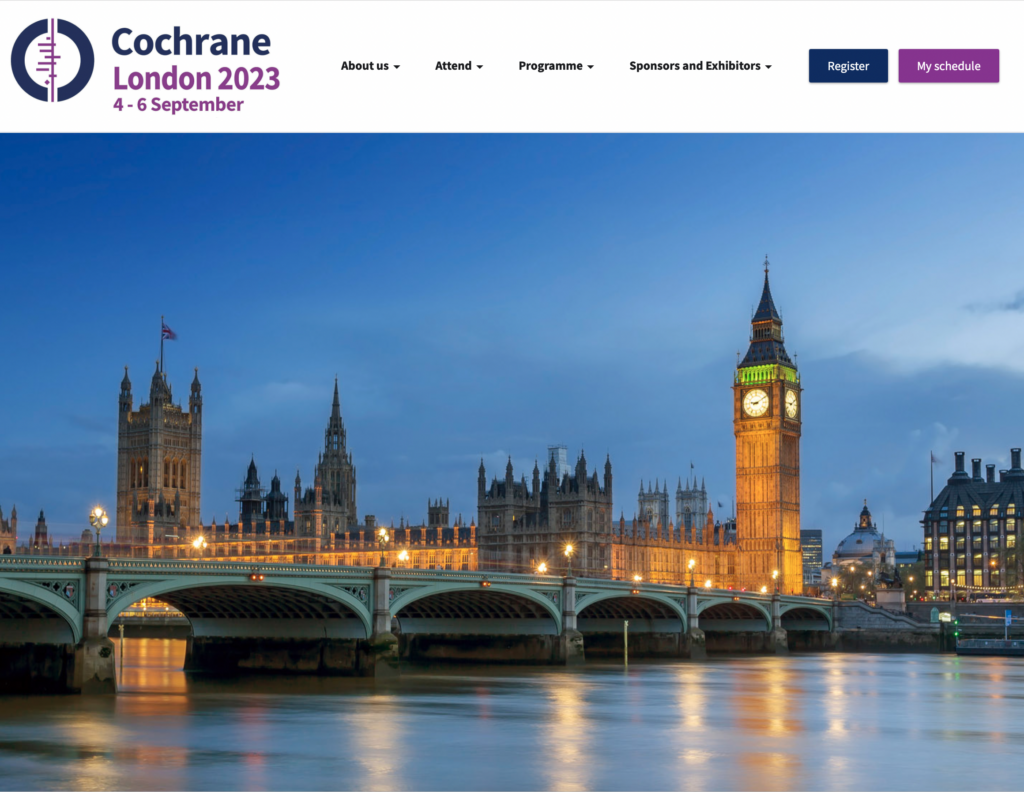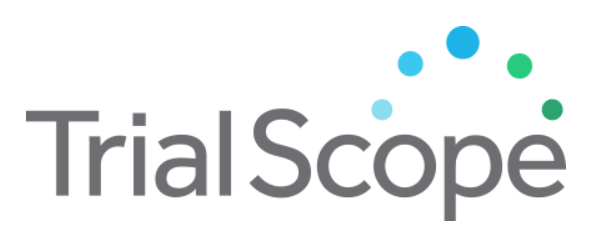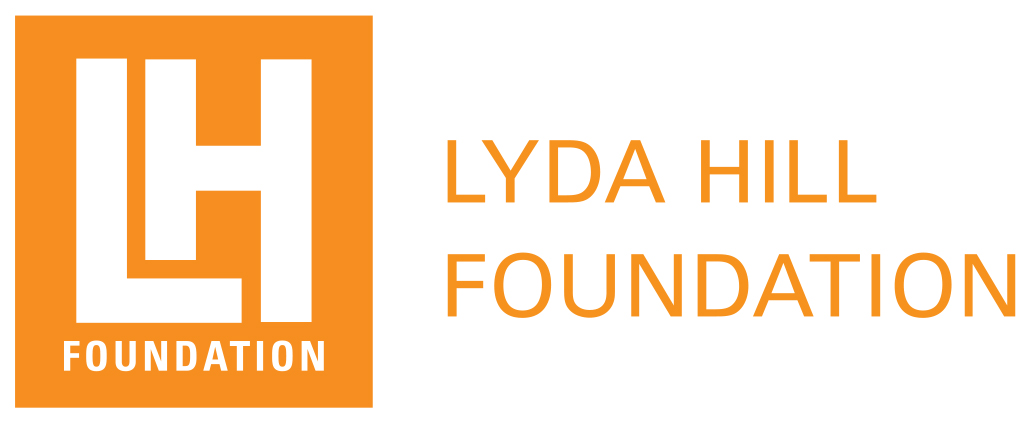 Rheumatoid arthritis (RA) poses a significant challenge due to its chronic nature and impact on joint health. While treatments have evolved, achieving remission remains elusive for many patients. Using a dataset from the Vivli repository, Dr. Ricardo Ferreira and a team of researchers delved into examining the assessment criteria for remission in RA, shedding light on the limitations of current approaches and proposing a new model—the dual target strategy.
Rheumatoid arthritis (RA) poses a significant challenge due to its chronic nature and impact on joint health. While treatments have evolved, achieving remission remains elusive for many patients. Using a dataset from the Vivli repository, Dr. Ricardo Ferreira and a team of researchers delved into examining the assessment criteria for remission in RA, shedding light on the limitations of current approaches and proposing a new model—the dual target strategy.
The current standard of treatment is the Treat-to-Target (T2T) approach, which aims for remission or low disease activity. Dr. Ferreira’s team questioned the reliance on a single criterion, the patient global assessment (PGA/PtGA), included in composite measures for determining remission. Their study, drawing from extensive clinical trial data, notably revealed that 19% of patients failed to attain remission based solely on this patient-reported assessment, leading the team to explore a more comprehensive model. In a recent conversation with Vivli, Dr. Ferreira highlighted the research’s key finding: the lack of significant difference in radiographic outcomes between patients classified as “PGA-near-remission” versus those in full remission. This challenges the established understanding of remission incorporating the patient global assessment.
The research team has proposed a dual target strategy, which integrates patient-reported outcomes with objective measures like inflammation status and joint counts to assess inflammatory status and guide immunosuppressive therapy management. The second target (disease impact) would be assessed by informative patient-reported outcome measures, other than PGA. By assigning equal significance to subjective experiences and clinical data, this innovative approach proposes a new benchmark for remission in RA management. Moreover, it has the potential to guide both pharmaceutical and nonpharmacological interventions.
It is anticipated that the dual target strategy has a more patient-centric approach; integrating subjective experiences with objective clinical markers holds promise for improving treatment efficacy and enhancing patient outcomes. With key RA researchers expressing interest in this model, the dual target strategy could significantly change both RA management, and the experience of patients navigating this complex condition. A pragmatic, multicenter, randomized controlled trial is currently being prepared to test this strategy.
Interested in finding out more about how access to Vivli’s data repository can help advance your research? Find out more about how to search and request data.


 In a recent study led by Dr. Sarah Nevitt, a senior research associate at the University of Liverpool, a team of researchers examined the effectiveness of various antiepileptic drugs (AEDs) used as monotherapy for people experiencing seizures due to epilepsy. Epilepsy, a common neurological disorder, results from abnormal electrical discharges in the brain, causing recurrent seizures. Typically, around 60% to 70% of individuals with epilepsy achieve longer-term remission, often shortly after beginning treatment with antiepileptic drugs.
In a recent study led by Dr. Sarah Nevitt, a senior research associate at the University of Liverpool, a team of researchers examined the effectiveness of various antiepileptic drugs (AEDs) used as monotherapy for people experiencing seizures due to epilepsy. Epilepsy, a common neurological disorder, results from abnormal electrical discharges in the brain, causing recurrent seizures. Typically, around 60% to 70% of individuals with epilepsy achieve longer-term remission, often shortly after beginning treatment with antiepileptic drugs. The
The  Did you know there’s more on Vivli than just clinical trial data? The majority of our repository of data comes from clinical trial data, but also includes significant numbers of platform trials, observational studies, and real-world evidence resources.
Did you know there’s more on Vivli than just clinical trial data? The majority of our repository of data comes from clinical trial data, but also includes significant numbers of platform trials, observational studies, and real-world evidence resources.




















